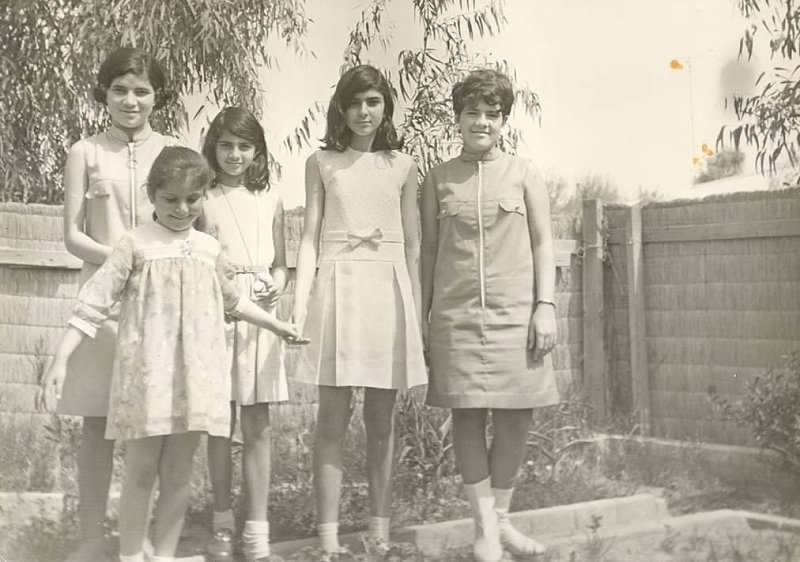Excavating Alternative Narratives of Kuwait's Postcolonial History
Location:
Ahmadi, Kuwait
New York City
Project Leads:
Rania Dalloul
Themes:
graphic novel
alternative narrative
archival research
subaltern
history
ethnography
Tags:
archival research
“Alternative historical research is a powerful and subversive approach to decolonizing authorship and appraisal.”






illustrations by Nada Dalloul
BACKGROUND
The British protectorate of Kuwait gained its independence in 1961, and subsequently, procured the nationalization of Kuwait Oil Company (KOC), formerly British-American owned. Ahmadi, an outlying town from the main port city of Kuwait, was built to host both KOC’s burgeoning infrastructure in 1946, and a growing population of employees from several countries across the world. In its first decades, Ahmadi was as a colonial company town, where English, American, and European senior employees of KOC, coexisted alongside thousands of Indian, Pakistani, and Arab clericalists, technicians, labourers, and their families. Between the senior and junior employees, housing policies, civil rights, access to amenities, and issues of belonging, disparaged the latter community.
APPROACH
This project excavates an undocumented history of this particular space, in order to challenge and complicate the dominant narratives behind Kuwait’s modernization period (‘The Golden Era’). The research pays a particular focus to the period spanning colonialism to nationalization, a transition of only 30 years, which transformed the local demographic to nearly 100% Kuwaiti. Central to this research is the excavation of alternative historical narratives during this period, with the participation of former residents. Their oral testimonies are one example of the methods with which this research engages, in order to bring forward the lived experiences of Ahmadi’s earliest inhabitants.
OUTCOMES
Alternative historical research is a powerful and subversive approach to decolonizing authorship and appraisal. An important method in this project is graphic visualization, which provides both the form and function for this work to be communicated to a wide audience. The graphic novel’s ability to visually represent, rewrite, and illustrate oral histories, subaltern experiences, testimonies, and spatial memories, renders it a dynamic tool for historical archiving, from the absent, buried, and invisible.
Through reimagining Ahmadi’s history of colonial urbanism, and the lived experiences of junior employees, this research confronts larger questions of contemporary urban processes in Kuwait. Pervasive issues of citizenship, labourers’ rights, identity, and belonging, are entangled in a complex co-presence of modernization, globalization, and post-colonialism. A shift in understanding such relationships as non-episodic, but always unraveling, can shape new and necessary tools for future urban practices.
